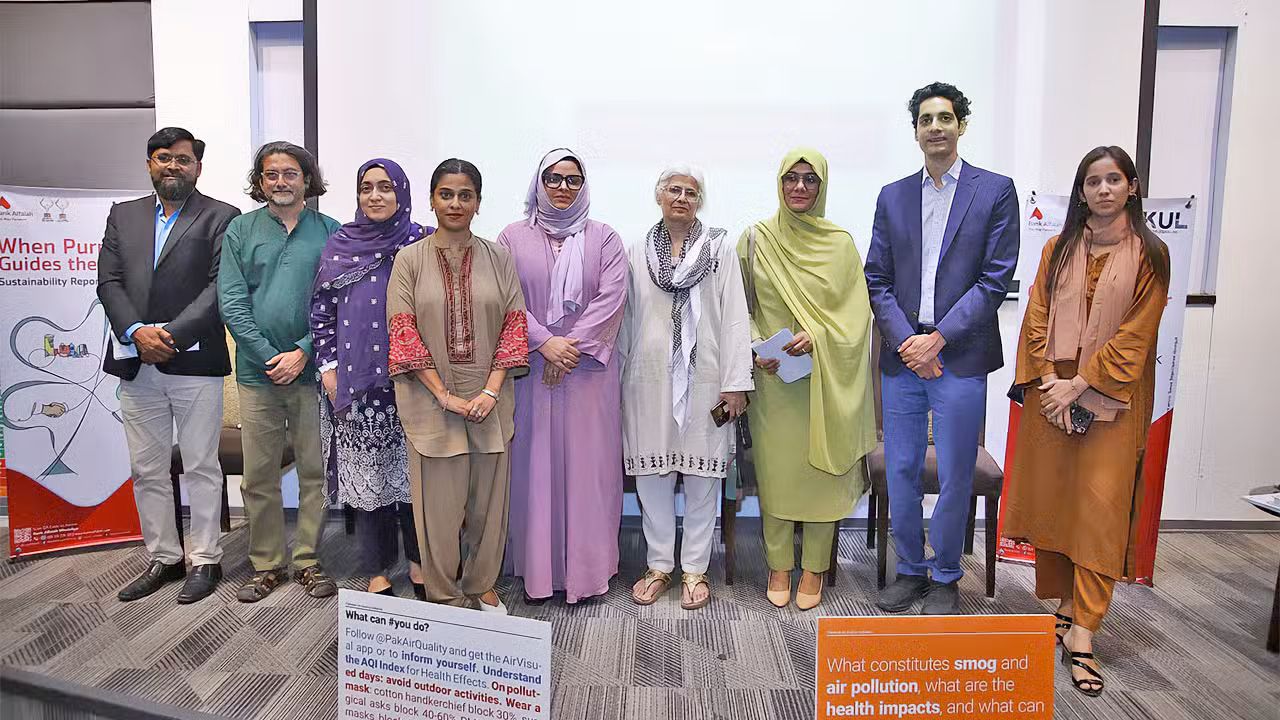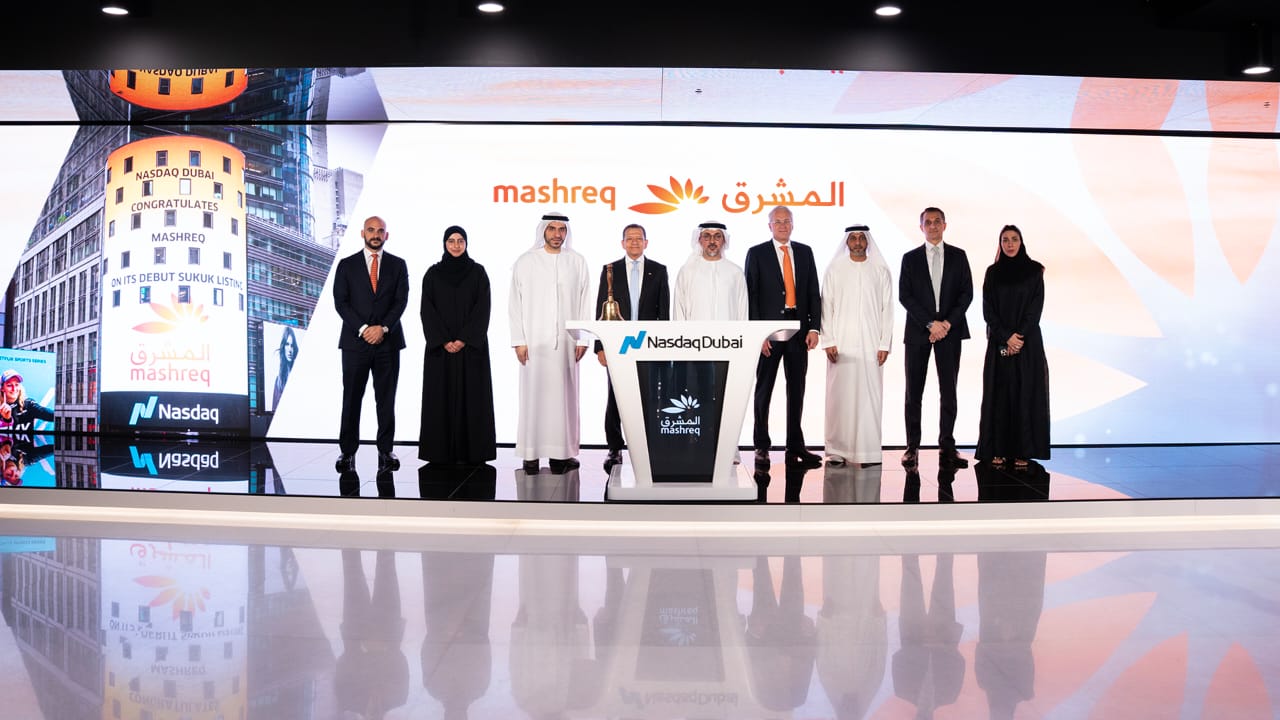On World Environment Day, Bank Alfalah, in collaboration with the Pakistan Air Quality Initiative (PAQI) and the Karachi Urban Lab (KUL) at the Institute of Business Administration (IBA), launched the “Karachi Emissions Inventory – A Scientific Foundation for a Clean Air City.” The report provides the city’s most comprehensive, data-backed analysis of air pollution sources and serves as a strategic guide for transforming Karachi into a cleaner, more sustainable metropolis.
The study is powered by data from 13 new air quality monitors funded by Bank Alfalah and strategically placed across Karachi’s high-density zones including Saddar, Korangi, Gadap, North Nazimabad, and Clifton. These monitors track critical pollutants like PM2.5, SO₂, NOₓ, and CO₂, giving unprecedented insights into Karachi’s urban air quality challenges.
Key findings highlight that the city emitted 394.82 kilotons of pollutants, with industry and transport sectors accounting for 49% and 33% of PM2.5 emissions respectively. Power generation, still reliant on high-sulfur fuels, contributed 30% of sulfur dioxide emissions. Residential contributions were minimal due to Karachi’s climate, though the city’s coastal position offers some natural dispersion of pollutants through sea breezes.
The report was unveiled at an event hosted at IBA, followed by a policy dialogue urging coordinated action across sectors, better air quality monitoring, public health alerts, and stronger investment in green technologies. Abid Qamar, founder of PAQI, stated, “Karachi’s air quality crisis is local, not inevitable. Our report shows that with focused, evidence-based policies, especially in industrial and transport sectors, we can make measurable improvements within five years.”
Madiha Javed Qureshi, Head of Corporate Communication and CSR at Bank Alfalah, added, “Bank Alfalah is proud to enable the scientific groundwork needed for urgent environmental action. Through initiatives like this, we are helping shape a healthier and more sustainable future for all.”
The report forms part of Bank Alfalah’s wider sustainability roadmap. Under the leadership of Chairman Sheikh Nahayan Mabarak Al Nahayan and its Board, the bank has pledged USD 10 million to support climate resilience and environmental well-being. It has also launched the #GreenWayForward campaign with WWF-Pakistan, targeting the plantation of 100,000 mangrove trees by 2030, with 35,000 already underway.
Further advancing its green agenda, the bank now operates 155 solar-powered ATMs, offsetting 193 tonnes of CO₂ equivalent in 2024. Its Sheikh Bhirko branch runs on a 30kW solar hybrid system—Pakistan’s first green bank branch—while ongoing collaborations with the International Finance Corporation (IFC) aim to enhance waste management, water efficiency, and green banking standards.
With a green financing portfolio standing at PKR 26.6 billion, Bank Alfalah continues to lead the financial sector’s transition toward sustainability, clean technology, and environmental accountability.




